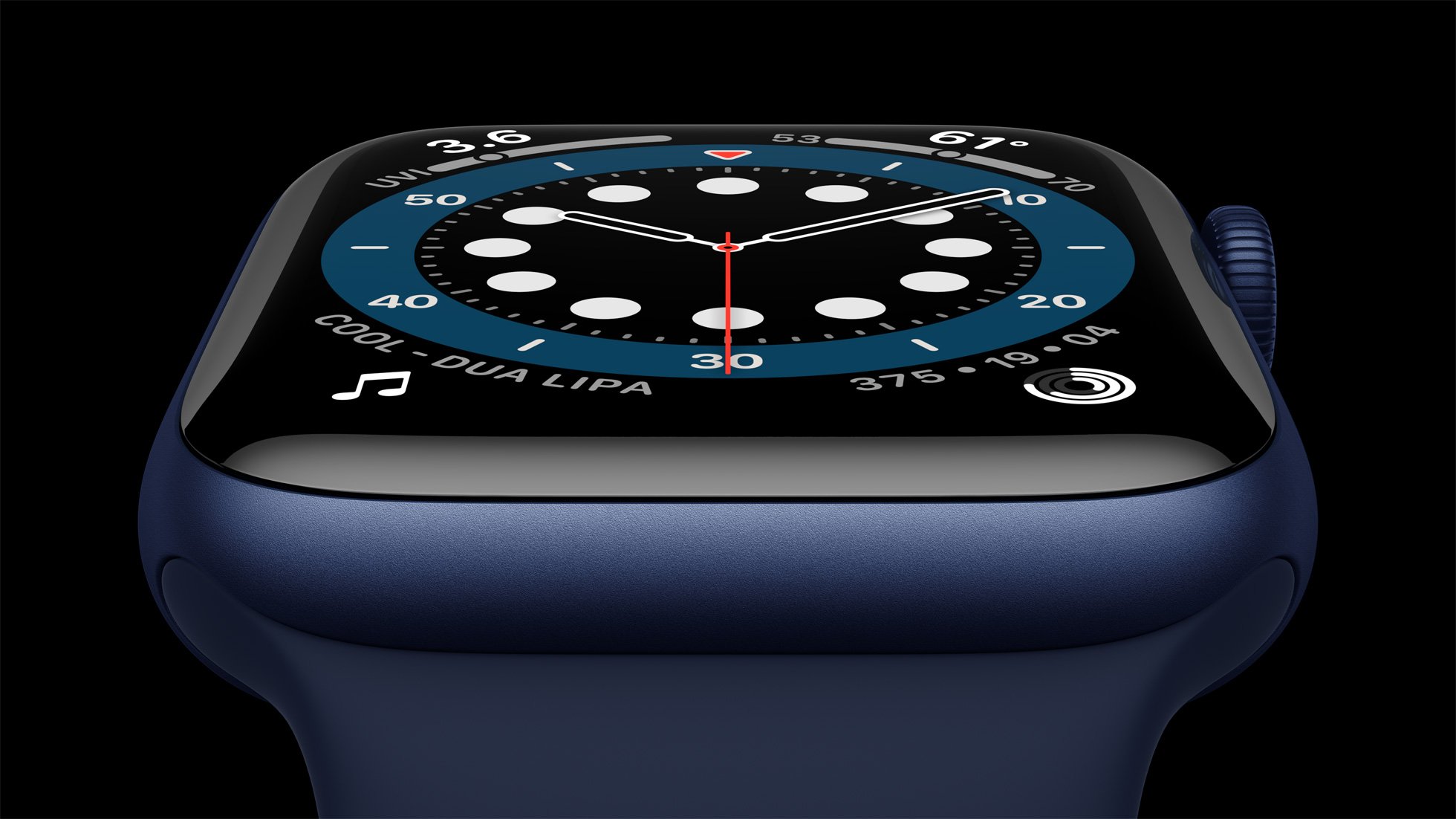Apple Watch could overload medical system with false positives, warns researchers

iMore offers spot-on advice and guidance from our team of experts, with decades of Apple device experience to lean on. Learn more with iMore!
You are now subscribed
Your newsletter sign-up was successful
What you need to know
- Apple Watch could risk overloading medical services.
- That's according to researchers from the US-based Mayo Clinic.
- A new report says false positives from Apple's abnormal pulse detection could lead to excessive healthcare resource utilization.
A study of Apple's abnormal pulse detection feature in Apple Watch has warned that the feature risks overwhelming medical services with false positives.
Reported by mobihealthnews earlier this week:
A new review of Apple Watch-related presentations suggests that the device's abnormal pulse detection feature may be fueling unnecessary healthcare utilization."The observation that new clinically actionable cardiovascular diagnoses of interest were diagnosed in only 11.4% of patients following medical evaluation as directed by the treating provider suggests a high false positive rate as a screening tool for undiagnosed cardiovascular disease," Mayo Clinic researchers wrote in the Journal of the American Medical Informatics Association. "False positive screening results have the potential to lead to excessive healthcare resource utilization and anxiety among the 'worried well.'"
The Telegraph notes that of 264 people whose notes "included reference to the Apple Watch and its abnormal pulse detection feature", only 11 percent were later diagnosed with cardiovascular disease.
From that report:
Researchers suggest these false positives may be linked to users reading their watch data incorrectly. Only 41 of the 264 records explicitly mentioned receiving an Apple Watch "alert" that tells users to seek medical advice. In the other cases, reference to an alert could be missing because the doctor did not write it down, or because patients manually accessed their heart rate data in the monitoring app.
Researchers further noted that data could include erratic pulses that presented no harm to the patient, one cardiologist told The Telegraph that "most of us" experience irregular heartbeats throughout the day.
Whilst the Apple Watch has frequently been linked to users receiving life-saving treatment for conditions like Atrial Fibrillation, the paper warns that false positives could "lead to excessive healthcare resource utilization and anxiety" amongst people it describes as 'worried well.'
Apple recently announced a new Apple Watch Series 6 with a blood oxygen monitor, however, this feature is marketed as a 'wellness', rather than a 'health' tool.
iMore offers spot-on advice and guidance from our team of experts, with decades of Apple device experience to lean on. Learn more with iMore!

Stephen Warwick has written about Apple for five years at iMore and previously elsewhere. He covers all of iMore's latest breaking news regarding all of Apple's products and services, both hardware and software. Stephen has interviewed industry experts in a range of fields including finance, litigation, security, and more. He also specializes in curating and reviewing audio hardware and has experience beyond journalism in sound engineering, production, and design.
Before becoming a writer Stephen studied Ancient History at University and also worked at Apple for more than two years. Stephen is also a host on the iMore show, a weekly podcast recorded live that discusses the latest in breaking Apple news, as well as featuring fun trivia about all things Apple. Follow him on Twitter @stephenwarwick9
